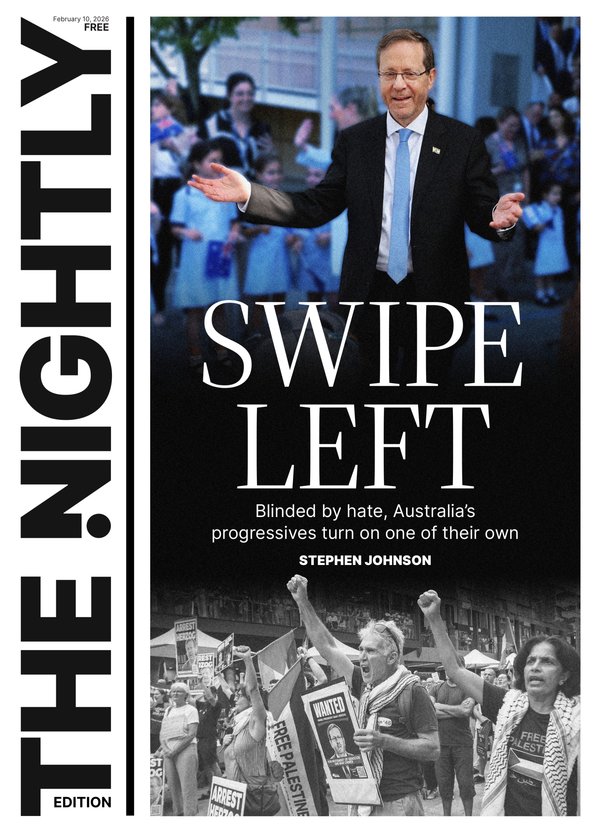Alex Garland says his Civil War movie is ‘extremely political’
Anyone who suggests the challenging new drama Civil War is not political is wrong. Its filmmaker Alex Garland wants it to be a provocation to the audience.
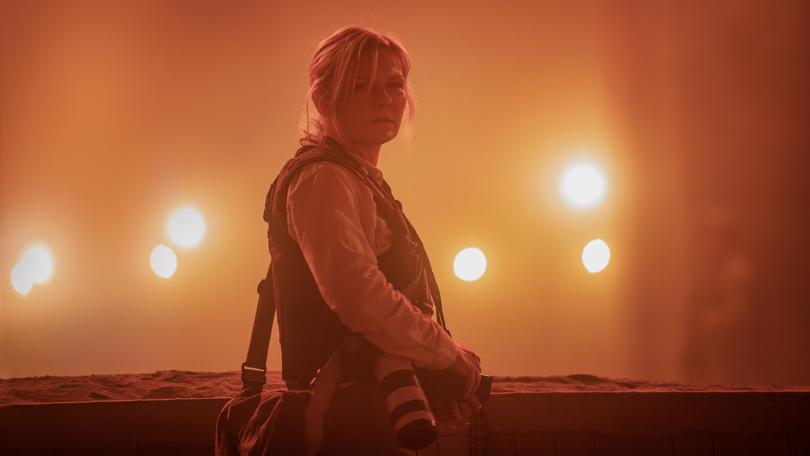
Sometimes, movie marketers are terrified of a project being labelled “political”. They don’t want to risk putting off anyone who might buy a ticket by hints that it may not align with their voting intentions.
So, it’s wild that anyone might think British filmmaker Alex Garland’s Civil War could be anything but political. The film is about America at war with itself, torn apart by a conflict in which separatists led by an alliance of California and Texas are charging down the fascist government in DC.
It’s a distressing vision, a warning, one that is not as implausible as it should be or would have been 10 years ago. Its release mere months before this year’s US presidential elections is not lost on anyone who endures its visceral power.
Sign up to The Nightly's newsletters.
Get the first look at the digital newspaper, curated daily stories and breaking headlines delivered to your inbox.
By continuing you agree to our Terms and Privacy Policy.Some early reactions have pointed to the Civil War’s lack of partisanship. Neither side of the war is discernibly progressive nor conservative, although there are some intimations – the film’s fictional president disbanded the FBI, violated term limits and lies on TV about “the greatest victory in the history of mankind”.
But to call the Civil War apolitical would be wrong. “It’s extremely political,” Garland tells The Nightly. “It’s got politics running like a train the whole way through it.”
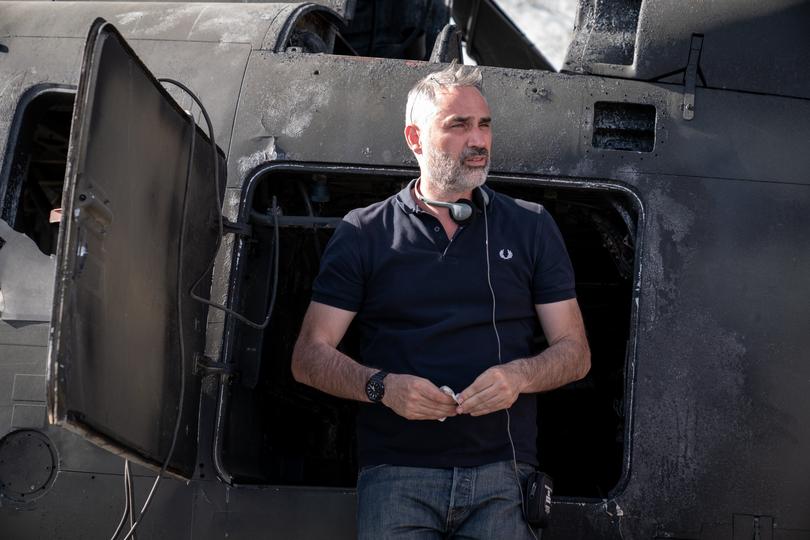
Garland (Ex Machina, Annihilation), who conceived of the film in 2020, wants Civil War to be a provocation, not to start a fight but to start a conversation. He points to division and polarisation as dangerous forces in political discourse. And it’s not just in the US.
“It’s [also] not just Ukraine and Gaza. But also my country, the UK, was very divided with a lot of populist politics and divisive politics. That may be about to change, maybe it’s about to regain a sense of sanity, but it has been locked in a state of really crazy and excessive division for quite a long time now.
“And I can see that in Europe, in the Middle East, I can definitely see it in Asia and in South America. It’s quite easy to find places which are in the grip of populist, extremist, divisive politics.”
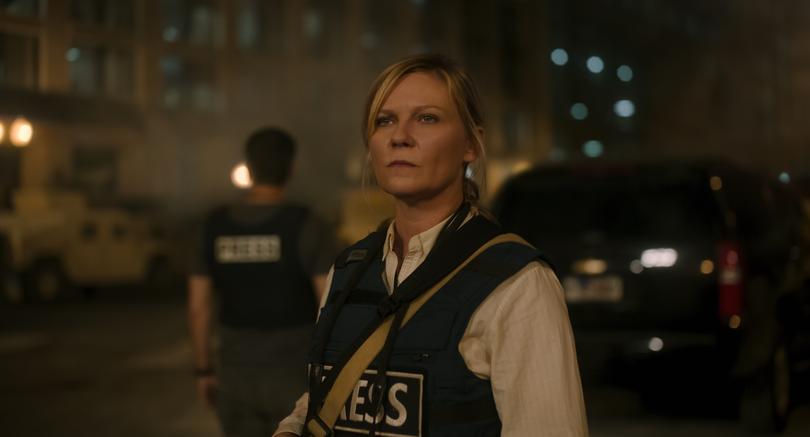
It’s why Garland chose to centre Civil War on a group of four journalists (portrayed by Kirsten Dunst, Wagner Moura, Cailee Spaeny and Stephen McKinley Henderson) travelling to Washington D.C., chasing an interview with a president who has not faced the press in over a year.
They are seemingly dispassionate chroniclers, observers in the face of ugly and frequent death, and, as they say, the first draft of history.
“States have systems of checks and balances in governmental terms,” Garland explains. “They also have journalists who are there as another crucial backstop on the government to hold them to account. Journalism as a concept has been under attack and has been eroded in very complicated ways, partly by the arrival of a certain kind of technology to do with social media.
“But also to do with journalistic institutions acting in an extremely biased and partisan manner. The product of that might be that they can successfully hold onto their own audience but the byproduct is they stop being trusted.
“And if journalism as an institution is not trusted, then it cannot effectively function as a check and balance against corrupt governments. So, the film puts journalists front and centre, and when you talk about bias, what that is is the removal of a certain kind of overt bias in order for the film to function in a way as reporters, saying ‘this is a sequence of events that happens here, this is what has been observed’.
“The film is going to show you, in a sense, what has been observed. Does that mean it doesn’t have an opinion? No. Does a journalist, as they report, have an opinion? Of course, they have an opinion, but it’s to do with the way that it is offered up in order to create a sense of trust, not alienating people as you are speaking.”
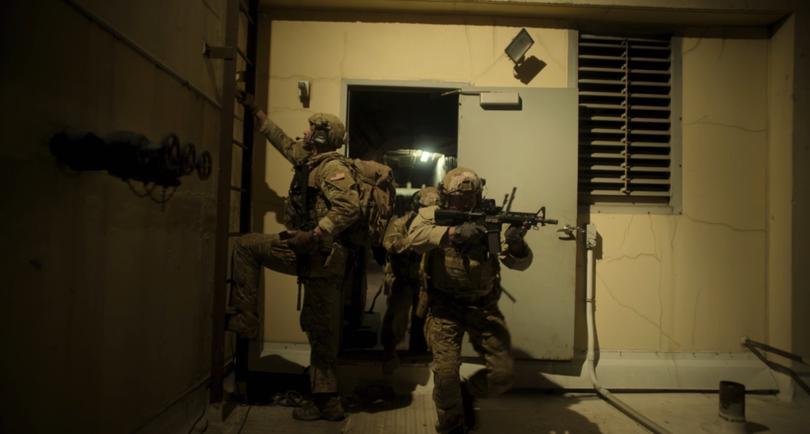
Civil War climaxes in a long sequence in which separatist forces storm the American capital and the brutal action scenes - tanks rolling down DC streets, the sound of roaring helicopters overhead and perfunctory exchanges of gunfire – is equally “just is”. When there’s a quick shot of a flag billowing in the wind, it plays very differently to similar moments in, say, a Michael Bay movie or any Hollywood effort that romanticises military might. There is no glory in war.
Garland wants audiences to feel “an aversion” to what he’s showing.
“Film likes action, likes combat and, it sounds disturbing, but it likes violence. Film is great at sensationalising these things and making them exciting in a particular kind of way. I didn’t want this to function in that way.
“I wanted the viewer to feel a real sense of disquiet and feel upset. It would be wrong to present this in any way that wasn’t saying, ‘This would be a terrible, terrible thing to do’.”
Civil War is in cinemas April 11

